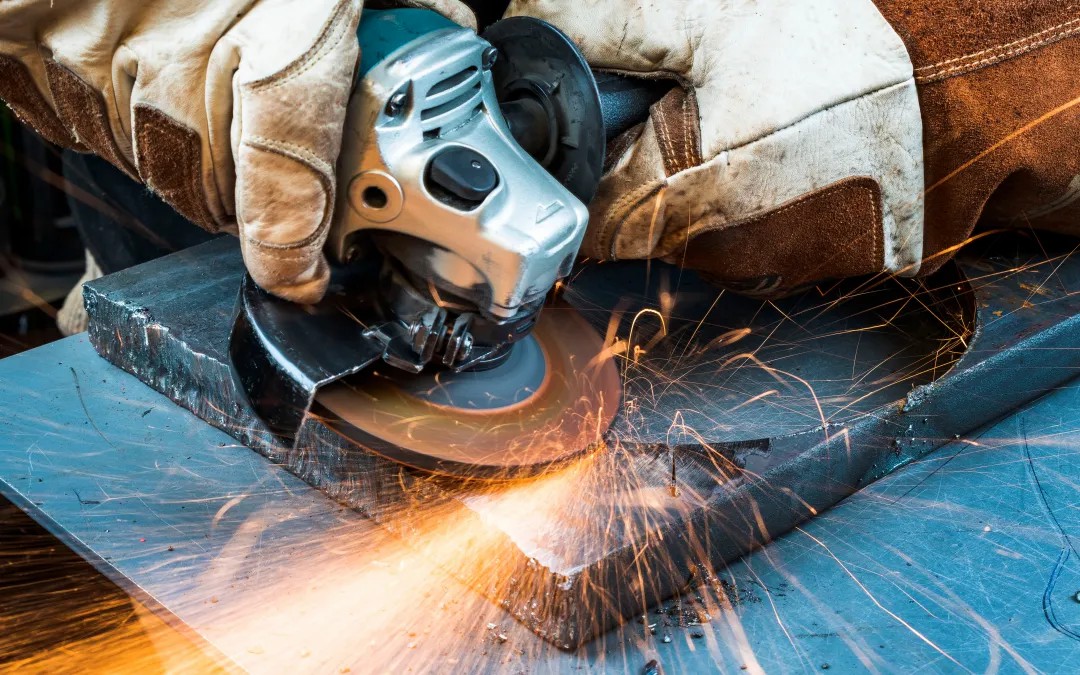Navigating the Hazards of Abrasive Wheels: Training as Your Safety Compass
Abrasive wheels are invaluable tools in various industries, including construction, manufacturing, and metalworking. However, they come with significant safety risks when improperly handled. Understanding these hazards and implementing proper training can mean the difference between a safe workplace and tragic accidents.
Common Safety Risks Associated with Abrasive Wheels
Working with abrasive wheels involves inherent risks. Here are some of the most common safety hazards:
- Wheel Breakage: Abrasive wheels can fracture due to excessive pressure or improper mounting, leading to dangerous projectile incidents.
- Improper Mounting: An incorrectly mounted wheel poses a high risk for misuse and potential accidents.
- Incorrect Usage: Failing to use the correct wheel for the job can lead to severe injuries.
- Lack of Protective Equipment: Neglecting protective gear such as goggles and gloves increases injury risk significantly.
Impact of Proper Training on Safety
Effective training is crucial in identifying and mitigating these risks. An Abrasive Wheels Safety Course educates employees on recognizing hazards and using equipment safely. Here’s how proper training helps:
- Hazard Identification: Training helps workers identify potential hazards associated with abrasive wheels, leading to proactive safety measures.
- Correct Use of Equipment: Proper training ensures workers know how to use abrasive wheels correctly, minimizing the risk of accidents.
- Protection Gear Utilization: Courses emphasize the importance of protective gear, reducing the likelihood of severe injuries during operations.
Real-Life Case Studies: Training That Prevented Accidents
Understanding the practical implications of training is crucial. Here are some real-life incidents where training made a significant difference:
- Case Study 1: In a manufacturing plant in Dublin, an employee attended an Abrasive Wheels Course Online. Shortly after, while using a grinder, they noticed the wheel was improperly mounted. Recall training helped them address the issue promptly, preventing a potential accident.
- Case Study 2: A similar incident occurred at a construction site in Galway, where workers were certified in Abrasive Wheels Training. Thanks to their education, they equipped themselves with necessary protective gear before operating equipment, which ultimately saved them from an accident when a wheel shattered.
Best Practices for Sustainable Safety
To reduce risks effectively, here are several best practices:
- Conduct Regular Risk Assessments: Regularly evaluate the workspace and equipment to identify potential hazards.
- Routine Safety Inspections: Implement a schedule for inspecting abrasive wheels and associated equipment.
- Emergency Response Procedures: Ensure all employees know what to do in the event of an incident, including reporting and attending to injuries.
- Ongoing Training: Reinforce safety training regularly to keep safety protocols top-of-mind.
Conclusion: Invest in Safety, Invest in Training
Employers and employees have shared responsibility in ensuring a safe working environment. Enrolling in a Certified Abrasive Wheels Training program can enhance workplace safety and compliance, reducing the risk of injuries associated with abrasive wheels.
If you're in Dublin, Cork, or Galway, don’t wait until an accident occurs. Equip your team with the knowledge they need to work safely with abrasive wheels. For inquiries or to sign up for training sessions, please contact us at [email protected].



 349,500 Offered Certificates
349,500 Offered Certificates
 24/7 Online Training
24/7 Online Training
 Money Back Guarantee
Money Back Guarantee
 Fully Accredited Courses
Fully Accredited Courses
